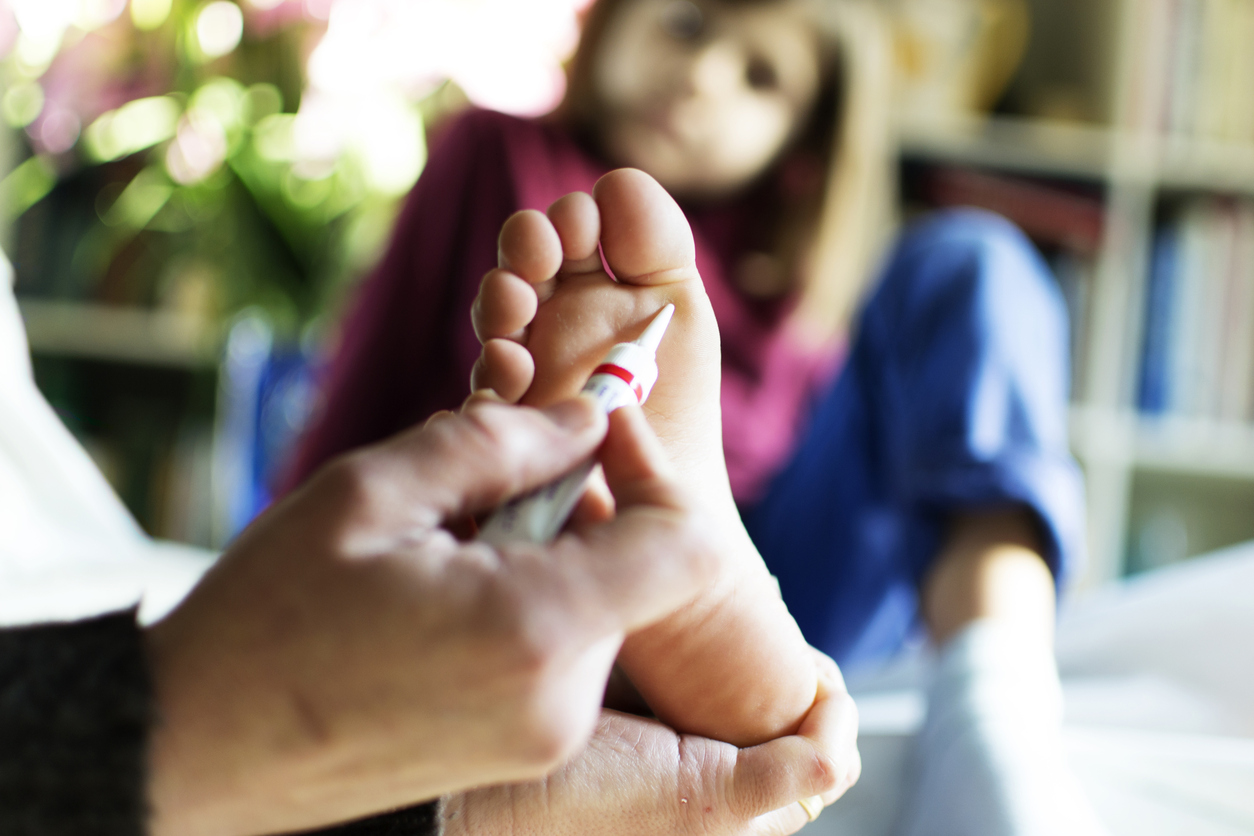Warts Treatments & Removal In Gainesville, FL
Each Gainesville dermatologist with Gainesville Dermatology & Skin Surgery develops personalized treatments for all types of dermatologist-treated skin conditions, including skin warts, among a wide range of conditions which affect the skin. To schedule an appointment for dermatologic treatment in Gainesville, FL, contact us today.
What Are Warts?
Warts are non-cancerous (benign) skin growths which appear as a result of a viral infection to the top layer of the skin. Viruses that cause warts to develop are called human papillomavirus (HPV). Warts can appear in many forms but are typically characterized by hardened, calloused, and raised areas of the skin. If a wart comes in contact with broken skin, the probability that the virus will spread becomes heightened.
Wart viruses are extremely contagious and may be spread either through direct contact with the wart or through a surface which previously came into contact with the wart. Warts are often characterized as skin-colored and rough to the touch, but they may also be dark in tone — brown or gray-black in color — flat, and smooth.
Types Of Warts
While warts are typically easy to differentiate from other types of common skin conditions, such as acne and rosacea, determining the type of wart requires the expertise of experienced dermatologists in Gainesville. There is a wide range of warts which may be contracted through the virus, but the following includes the most common types of warts.
Common Warts
Common warts are generally found on fingers, hands, knees, and toes and may spread to other areas upon contact. They feature a rough, grainy texture and rounded top. Common warts contrast in color from surrounding skin — they have an ashy gray tone.
Plantar Warts
Plantar warts most commonly grow on soles of the feet. They appear as small, hard bumps, often with little black dots on them. Unlike other types of warts, plantar warts grow into the skin, not out from the skin and they can make walking and running uncomfortable.
Flat Warts
Flat warts are often found in clusters on the face or the hands, but they can affect any part of the body. These warts are tiny and typically look like smooth, flattened lumps. These warts are easily spread by shaving and skin-to-skin contact with a carrier of the warts virus.
Filiform Warts
Filiform warts appear as thin, long threads of calloused skin. As these warts usually affect the face, especially near the eyes and other mucous membranes, they are commonly called facial warts. Filiform warts are the same color and tone as the surrounding skin.
Water Warts
Water warts, commonly knowns as molluscum contagiosum, are a highly contagious type of wart that affects children. They are often contracted from exposure to infected playmates by skin contact or through swimming pools. This type of wart often appears as pink bumps which are located on the skin on the face, the neck, the torso, and the arms.
Causes Of Warts
Warts are a common skin occurrence and can affect anyone. Typically, however, some individuals are more likely to get a warts virus than others, such as teenagers, children, those who bite and pick at their nails, and individuals with a weakened immune system. Gainesville dermatology experts advise that warts are the result of a viral infection, in the Human Papillomavirus (HPV) family, in upper layers of the skin. When this virus enters through a scratch in the skin, it causes rapid cell growth and results in the formation of a wart. Warts can be spread through exposure to others with warts, spreading from one area of the skin to another, and through contact with surfaces that touch the wart.

